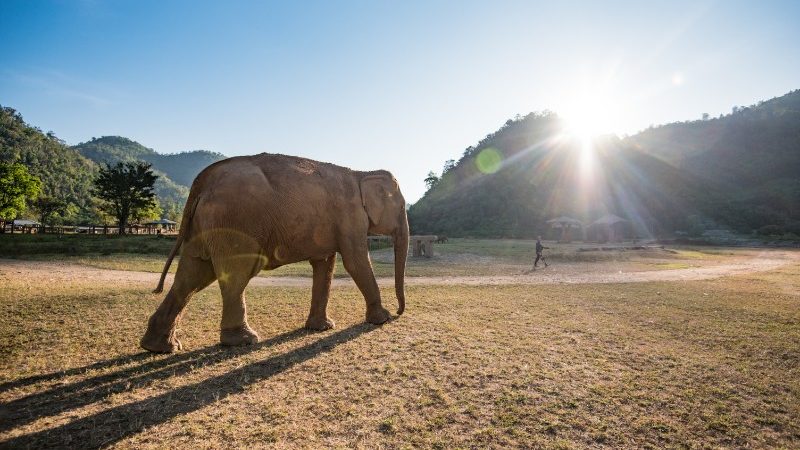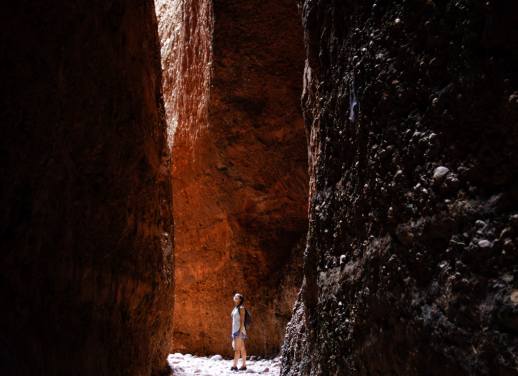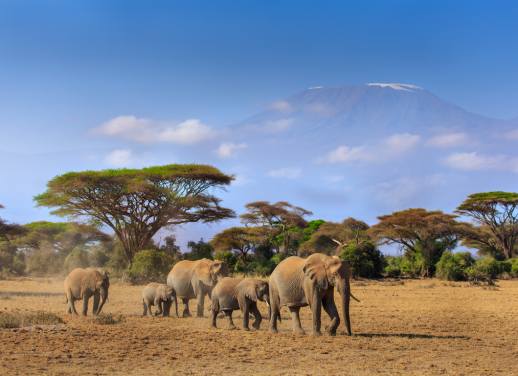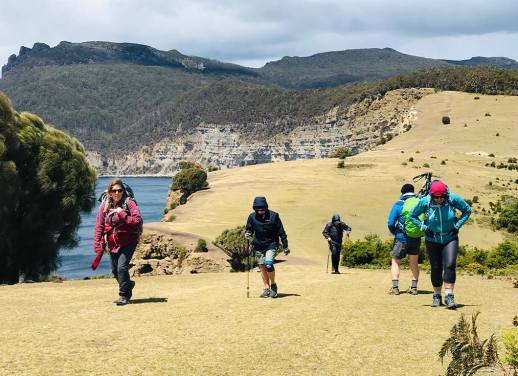In 2014, we officially put a stop to elephant riding on all Intrepid trips. At the time, it was a bit of an industry-shaking move.
Tourist elephant rides were widespread, and there was an unspoken feeling among the travel community – tour operators included – that breaking-in elephants for travel purposes was somehow okay; that these elephants were ‘domesticated’, so it was all good. Looking back, it’s amazing the world turned a blind eye for as long as it did.
In 2010/2011, we partnered with World Animal Protection, a global not-for-profit that protects the world’s animals, to commission a study into elephant conditions on-the-ground in countries like Thailand, where elephant riding was widespread. This was an exhaustive investigation into hundreds of wildlife projects and businesses, conducted by impartial animal welfare experts. The results were beyond conclusive.
In the 118 elephant venues assessed, we found over 1300 animals suffering in terrible conditions: taken young from the wild, separated from their familial groups, broken again and again using sharp hooks and other tools, chained up at night and denied good nutrition. All for the sake of 10-minute tourist ride, or a circus-like show where animals were made to stand on their hind legs, or juggle, or paint pictures using their trunks. We knew something needed to be done, and since that day we’ve worked hard to raise awareness about the plight of elephants in captivity, and elephant rides in particular.
READ MORE ABOUT INTREPID’S ANIMAL WELFARE POLICY NOW
There’s also an ethical alternative that benefits both elephants and travellers. In Africa, there are over 400 protected land areas where elephants can roam in social groups and be observed by travellers on safari. There are even conservation projects like the David Sheldrick Wildlife Trust whose goal it is to protect elephant populations in the wild. Our not-for-profit, The Intrepid Foundation, also partners with conservation projects around the wor.d
The tricky bit is when projects represent themselves as conservation-focussed, when really they don’t meet basic animal welfare standards. All travellers can do is research, research, research. Look up reviews online. Read the project’s animal welfare policy (they should have one). And if all else fails, ask us!
Find out more about how you can be a kind, responsible wildlife traveller here.
Feature image by Patrick O’Neill.




